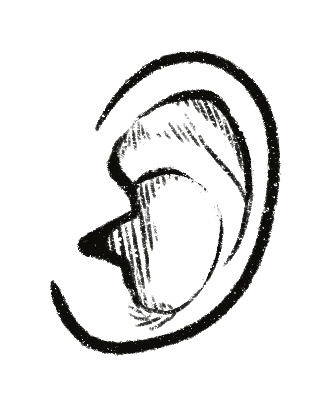The culture of an organization is foundational to its success. The benefits of a healthy, high performing and tightly aligned internal culture are invaluable. Employees are more engaged. Performance is improved. Productivity is higher. The company grows. Revenue increases. Everyone is happy.
But how do you know if the values you talk about in your marketing, customer onboarding, and recruitment materials reflect the way you actually do business? A culture evaluation is a great place to start. Here’s how to do it.

Listen to the lore
The largest species differentiator of humanity is our insatiable need to create stories about ourselves, whether to explain behavior, teach about the past, or impart cultural norms. The most effective way to learn about what a group considers normal and accepted behavior is to listen to the stories they are telling.
So, pay attention to the conversations at happy hours, in meetings, and in the hallways. Listen to how people welcome newcomers, introduce themselves to clients, and talk about the company. Then, determine if the characteristics reflected in those words, attitudes, and stories are conducive to your goals and success.
For example, when your team talks about their challenges and how one member is always finding the solution, then your culture may not be reflecting a value of collaboration. Or, more extreme, if the anecdotes your leadership tells internally feature talk of manipulating clients in some way and only focusing on financials, then your culture isn’t really client centric.

Observe interactions
Staff meetings and other gatherings that include people from a variety of positions are a great place to see culture being played out. The ways in which lower-level employees interact with management can be a strong indicator of the type of culture an organization has developed.
Some organizations need to exert a level of control over their employees while others can operate with more freedom. Observing this dynamic will help you see if everyone understands their role and accepts or works against the parameters that have been set.

Ask questions
Have conversations with your coworkers, employees, and bosses about company values. Ask for their perceptions on the ways values show up in everyday activities and interactions. Some values are more subjective than others and could have several interpretations (i.e., integrity or teamwork). If these interpretations vary notably by management level or job role you may be looking at a communication problem. Or the professed company values aren’t resonating with some groups.
Remember, a company culture will form on its own when not guided, reinforced, and nurtured, and that culture may not align with strategic goals.

Ask more questions
If listening, observing, and having casual conversations aren’t yielding the information you’re looking for, consider conducting an anonymous employee survey. This would be a good time to bring in an outside consultant if you’re feeling overwhelmed.
A survey is great for challenging preconceptions about company culture and understanding how it’s viewed by employees at all levels. You’ll want to focus on areas of disconnect you’ve already identified. And include questions about perceptions of leadership, management, and the company overall. This is also a good time to ask about ideas for improvement.
If you hire an outside agency to develop and administer your survey, they will analyze the results and present the findings to leadership, along with strategy recommendations and implementation plans for moving forward.
Whether you choose to hire consultants or not, there is a lot you can accomplish on your own or as a precursor to bringing them in. Your own evaluation can help confirm the level of support you may need to create effective change. If you’re lucky, it might even reveal you’re already on the right track.
References
https://www.forbes.com/sites/kathymillerperkins/2019/10/12/assessing-organizational-culture-made-simple
https://hbr.org/2018/01/the-leaders-guide-to-corporate-culture
https://www.gallup.com/workplace/238052/culture-wins-getting-people.aspx
https://www.gallup.com/workplace/237368/culture-wins-attracting-top-candidates.aspx
https://www.gallup.com/workplace/229832/culture.aspx
![cat[&]tonic](https://cat-tonic.com/wp-content/uploads/candt_logo-rw.png)




